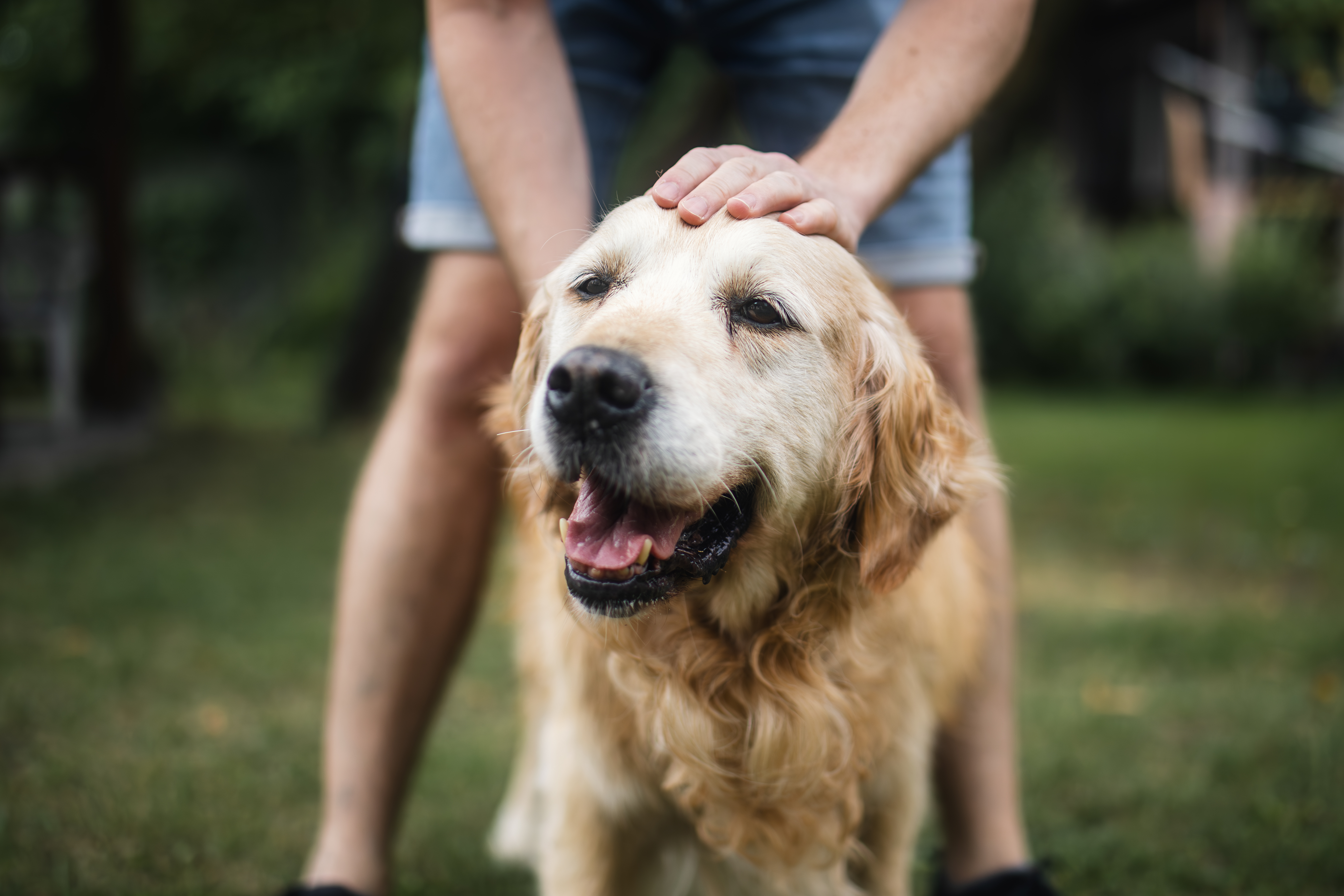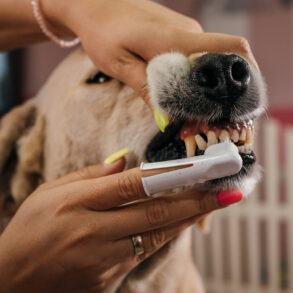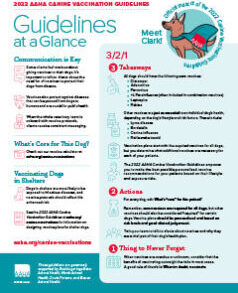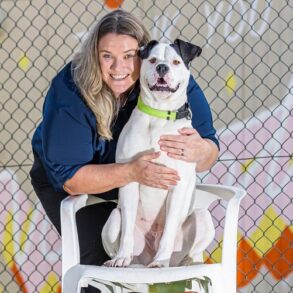Jaipur-born Ayesha Omer shifted to Bengaluru some years ago. Coping with loneliness in a new city, she decided to adopt a furry companion – a Shih Tzu named Pepsi. Initially, everything seemed smooth. But unexpectedly, her playful and lively pet began displaying erratic behavior – restlessness, aggression, and destruction of household items. What changed? “Pepsi may be going through depression and anxiety,” explains dog behaviourist Leena Ukil. Surprisingly, dogs can suffer emotional distress just like humans.
Ayesha adopted Pepsi during the COVID-19 lockdown, spending most of her time at home. However, once routines resumed, Ayesha had to return to work, leaving Pepsi alone for nearly ten hours daily. This shift triggered separation anxiety. “Some pets become too attached to their humans during lockdowns and struggle when left alone. They whimper, bark excessively, or scratch doors. Sometimes a bit of therapy helps; other times, even the pet parent needs to adjust their approach,” says Leena
With growing awareness, pet mental health is gaining attention. Owners are slowly accepting that their dogs can experience emotional breakdowns similar to humans. According to experts, dogs can suffer from stress, phobias, trauma, nightmares, anxiety, depression, and PTSD.

Visits to the vet can catch early signs of stress or health issues (Representational Image) (Getty Images)
Five-year-old Great Dane Django has faced anxiety since puppyhood. His stress usually appeared as nervousness and discomfort around people. “When he is triggered, there’s no calming him down with words,” says Dr Amit Gawnde, Django’s owner and a Mumbai-based pulmonologist.
New surroundings overwhelmed Django, prompting a professional diagnosis. “We enrolled him in sessions with other dogs. It was a learning curve for all of us. Like supporting someone with anxiety, we had to understand Django wouldn’t be the typical sociable dog. Changing how we behaved helped a lot,” shares Amit. It took nearly two years for Django to adjust. “It’s a gradual shift, more about understanding his signals than medication,” he adds. “Now, we make conscious choices to avoid his triggers and support him together.”
A bond like no other
In Jaipur, Surbhi Tankha noticed alarming signs when her six-year-old American Boxer, Tyson Tankha, began showing symptoms of grief. After her other pet Muffin, a pug, passed away, Tyson entered a mourning phase that ended with his own death a year later. “Our entire family felt the loss, but Tyson took it the hardest. He refused food, cried often, and became completely silent,” says Surbhi. A vet confirmed the dog had slipped into depression. Despite Surbhi’s efforts — playing Muffin’s videos and chanting near Tyson — he never recovered. “He eventually developed the same symptoms as Muffin.”

Just like humans, our pets can feel depressed or anxious or develop OCB and OCD (Representational Image) (Getty Images)
Dr Rajesh Swami (name changed), a senior vet from Chennai’s Barking Fine Pet Speciality Hospital, emphasizes the need for observation. “Sad dogs act differently. Owners need to catch those changes. Usually, it takes one to six months of therapy to treat behavioural concerns,” he says. Treatment involves tracking patterns, conducting assessments, and tailoring therapy based on the severity — mild anxiety to more chronic cases. “Therapy plans are customized, based on each pet’s temperament,” he adds.
Understanding their emotions
It’s not always easy — dogs can’t verbalize how they feel. It’s like raising an infant: we must decipher emotions through behavior. “With animals too, the key is observation. Once a problem is identified, therapists use positive reinforcement to help pets adapt. Harsh training or punishment doesn’t work,” says Mumbai-based Shirin Merchant, India’s first certified canine behaviorist. “The real change-maker is the pet parent. Owners must build trust and know how their dog communicates.”
Dr Swami agrees that behavior is deeply rooted in emotional chemistry. “A dog’s emotional makeup is almost identical to humans,” he says. While house pets often develop stress from lifestyle shifts, working dogs — especially those returning from combat — are highly prone to PTSD. “They may show signs like jumpiness, sleeplessness, appetite loss, and withdrawal. But with proper care, especially when retired with their handlers, they can heal,” explains Dr Arvind Kumar of The Ark Veterinary Clinic in Chennai.

Dogs can suffer from stress, phobias, trauma, nightmares, anxiety, depression, and PTSD (Getty Images)
It’s all in the details
Obsessive Compulsive Behaviour (OCB) is another overlooked condition. In Chennai, Rupali Kamlesh noticed odd traits in her eight-year-old dachshund, Reppy, from the age of three. It began with frequent licking — seemingly innocent at first — but soon escalated. “She snapped at my daughter’s friends. We joked that she had a bad attitude,” Rupali recalls. “But then I dug deeper. Turns out, she has protective aggression. She gets cranky if someone touches my daughter. She won’t bite but growls and acts irritated.”
“Dogs sometimes mirror their owners. It’s not always a mental disorder. If there’s trauma or abandonment in the dog’s past, we conduct an evaluation to determine if clinical therapy is needed,” Leena explains.

Keep your pet active for a healthy mind (Representational Image) (Getty Images)
10 Tips to Keep Your Dog Joyful and Emotionally Healthy
Stick to a Set Schedule: Dogs feel secure with structure. Keep feeding, walking, and play at steady times.
Encourage Interaction: Let your pet meet new faces and dogs early—it lowers anxiety and possessiveness.
Routine Vet Checks: Visits to the vet can catch early signs of stress or health issues.
Switch Up Toys: Change toys often to keep your dog engaged and mentally active.
Safe Space: A personal bed or blanket gives them a sense of comfort and belonging.
Prepare for Time Apart: If boarding, leave clothing with your scent—it eases their stress.
Make Baths Calming: Use warm water and a soothing voice to make baths enjoyable.
Feed Right: The right diet impacts their mood. Ask your vet for the ideal plan.
Watch Your Mood: Dogs sense emotions. A relaxed you helps calm them too.
Stay Active: Daily play and walks offer both joy and emotional balance.
Read More:
Take Care Of Your Pets: Here’s How You Can Celebrate Animal-Friendly Holi
India’s Biggest Pet Fed Comes To Bengaluru With Its 10th Edition: Here’s All You Need To Know
This post was originally published on this site be sure to check out more of their content.








































